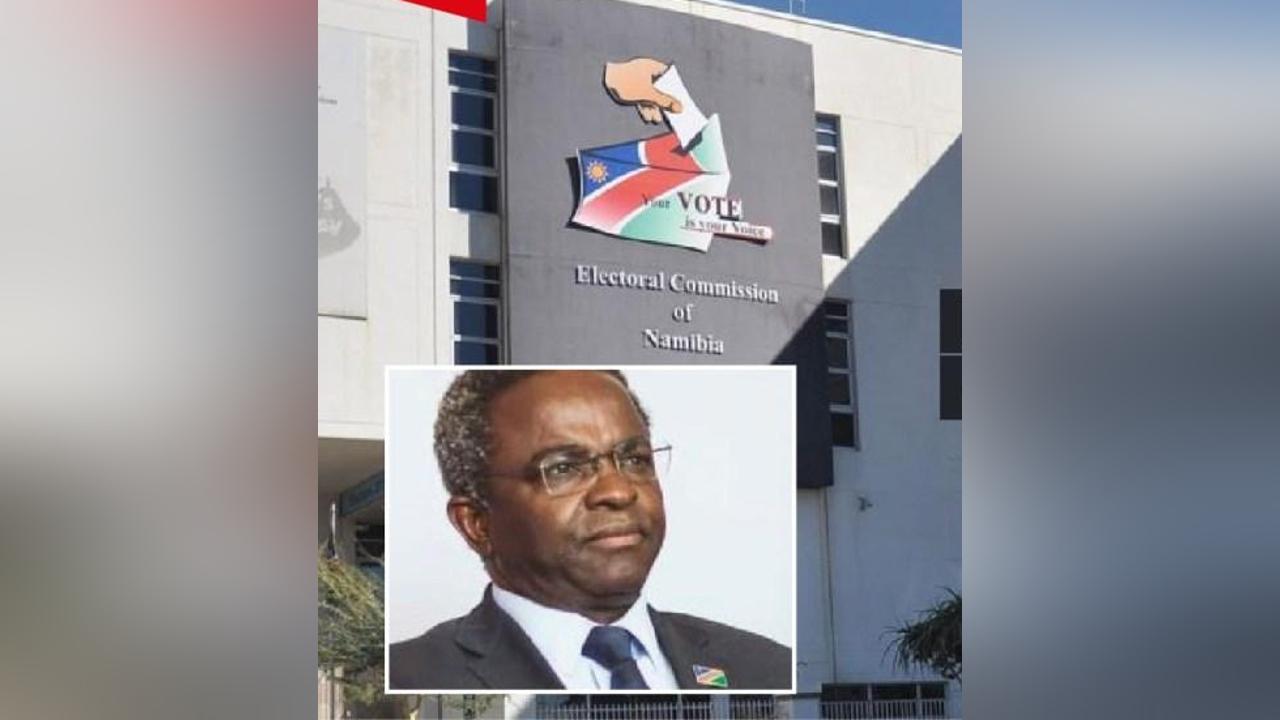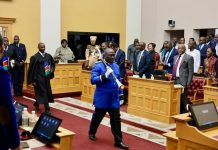Africa-Press – Namibia. THE Independent Patriots for Change (IPC) political party has taken the Electoral Commission of Namibia to the Electoral Court after the commission refused to disclose a legal opinion by the Attorney General on the issue of dual candidacy.
Dual candidacy in this matter refers to the nomination of one person for both the presidential candidacy and the National Assembly.
The case was heard by Judges Hosea Angula, Thomas Masiku, and Lady Justice Hannelie Prinsloo. Counsel for the ECN, Dr Sakeus Akweenda, argued that the matter does not fall within the jurisdiction of the Electoral Court and should therefore not be heard.
“The applicant, Independent Patriots for Change, a political party registered in terms of section 137 of the Electoral Act 5 of 2014, is aggrieved. The crux of the grievance is the nomination of one person for both the presidential and National Assembly elections. The applicant believes that this is not in compliance with the constitutional separation of powers and the Act. The applicant asks the Electoral Court to compel the ECN to provide the legal advice of the Attorney General on the applicant’s grievance,” Dr Akweenda said.
He further stated that the applicant approached the Electoral Court of Namibia seeking an order to review and set aside the ECN’s decision not to disclose the content of the legal opinion on dual candidacy, declaring that the decision is contrary to the applicant’s guaranteed rights under Article 18 of the Namibian Constitution, and declaring such decision null and void ab initio. Additionally, the IPC is directing the ECN to pay its legal costs in the matter.
Dr Akweenda said that the ECN opposed the motion, arguing that the Electoral Court lacks jurisdiction to hear and adjudicate the application and that the legal opinion is a privileged communication that cannot be made available to the applicant and consequently cannot be reviewed and set aside. “We interpose and point out that a matter does not become an electoral issue merely because an applicant calls it one. Again, a litigant is not permitted to seek pre-trial discovery in order to formulate an election issue,” the legal counsel for the ECN argued.
Dirk Conradie, the legal counsel representing the IPC, questioned, “If this is not an electoral issue, then what is it?” He further argued that the ECN is constitutionally mandated to control the election processes, and that dual candidacy was an issue discussed in a pre-election stakeholder meeting. “We are not asking for the legal opinion to be revealed; we want to know the basis of their decision not to reveal the opinion. When the issue of dual candidacy was raised, they said it was a complex matter and asked for submissions from all stakeholders,” Conradie argued, questioning why the ECN would ask for submissions from stakeholders if it were not an electoral issue.
He thus argued that the Electoral Court has the jurisdiction to hear the matter and that this falls within the purview of section 168 (1) (e) of the Electoral Act.
The matter was postponed to 23 July 2024 for the judges to make a decision on whether or not the Electoral Court has the jurisdiction to hear and adjudicate the matter.
BONE OF CONTENTION: IPC President Panduleni Itula.
For More News And Analysis About Namibia Follow Africa-Press






